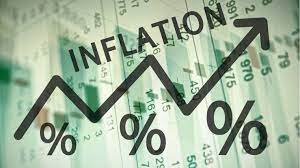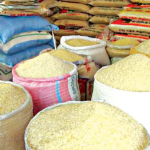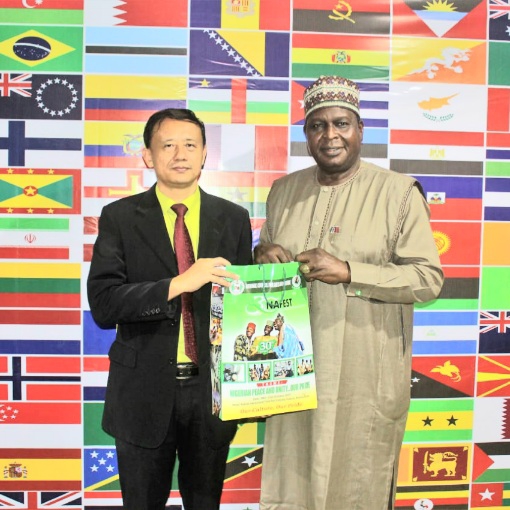The inflation rate in Nigeria soared to 22.22 percent in April 2023, marking the highest rate hike in 17 years, according to data released by the National Bureau of Statistics (NBS) on Monday. The sharp increase in food inflation drove this surge, with food prices rising to 24.61 percent year-on-year, affecting various food items.
Despite multiple interest rate hikes by the Central Bank of Nigeria (CBN), the country’s inflation rate continues to rise, with core inflation reaching 20.14 percent in April 2023.
The NBS report revealed that the headline inflation rate rose by 0.18 percent points compared to March 2023, and on a year-on-year basis, it was 5.40 percent points higher than the rate recorded in April 2022.
The All-Items Index for April 2023 showed a 1.91 percent month-on-month increase, indicating a general price level that was 0.05 percent higher than in March 2023.
Explaining the reasons behind the food inflation surge, the NBS pointed to increases in prices of Oil and fat, Bread and cereals, Fish, Potatoes, Yam and other tubers, Fruits, Meat, Vegetable, and Spirits.
The Core inflation, which excludes volatile agricultural produce, stood at 20.14 percent year-on-year in April 2023, up by 5.96 percent compared to April 2022. On a month-on-month basis, the Core inflation rate was 1.46 percent.
Experts have expressed their views on the situation. Professor of finance and capital market at Nasarawa State University, Uchenna Uwaleke, noted that the inflation surge in April was not a surprise, attributing it partly to the Russian-Ukrainian conflict but also emphasizing domestic structural factors, such as food, electricity, housing, and transport.
Meanwhile, the Managing Director and CEO of Dignity Finance & Investment Ltd, Dr. Chijioke Ekechukwu, predicted a continuous rise in inflation due to persistent drivers, including the high cost of petroleum products, unstable exchange rates, and limited access to foreign currency. He called for a broader approach to tackle inflation, considering non-monetary factors like insecurity.
As the inflation rate continues to surge, stakeholders are closely monitoring the situation, and experts urge the government to address domestic structural challenges and invest in mechanized agriculture to alleviate food inflation and bring stability to the economy.










